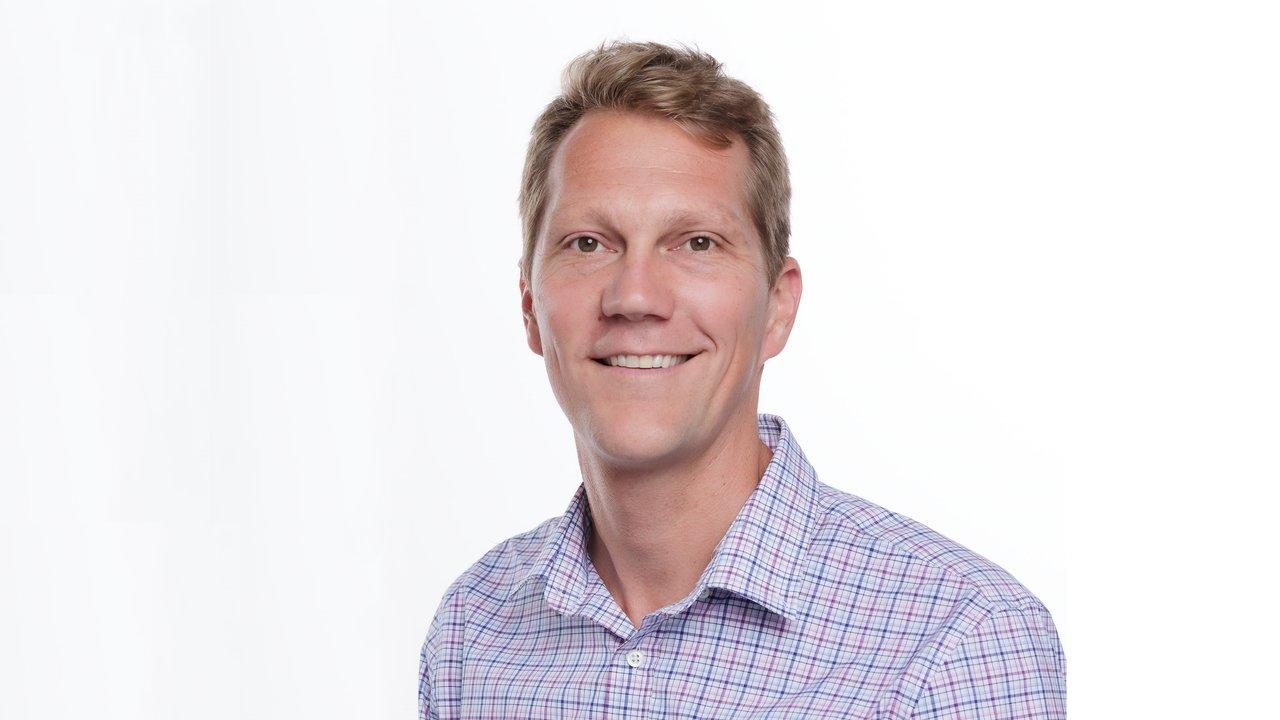
Alumni Spotlight: Matt Sorgenfrei ‘13
From space to the streets of San Francisco, mechanical and aerospace engineering alumnus Matt Sorgenfrei is using his control systems engineering expertise to change the way machines interact with the world.
Sorgenfrei is a systems engineering manager at Cruise Automation, a self-driving car company with the goal of creating an autonomous ride share service in San Francisco. His team designs and implements the car’s control system, which is responsible for making sure the car responds to pedestrians, other cars, bicyclists, traffic signs and road constructions in a safe, timely and accurate way.
“It makes for a really fun and interesting engineering challenge,” he said. “Driving through San Francisco, there is congestion, people are double-parked, there is construction, pedestrians jaywalk and bicyclists whip their way through traffic. When you start out your drive, you don’t know which of those things you’re going to encounter.”
Sorgenfrei got his start in control systems by working on spacecraft in professor Sanjay Joshi’s lab while in graduate school. His focus was a class of small satellites known as CubeSats, which are popular because they can be launched into orbit as cargo and directly deployed from space. He took advantage of UC Davis’ cross-disciplinary research environment, also taking classes in the electrical and computer engineering department to get the breadth of knowledge he uses every day.
It was in Joshi’s lab that he began to build a relationship with NASA Ames Research Center. He worked with the center during his graduate career and was a catalyst for Ames to build and launch its own CubeSat test bed facility. By the time he finished his Ph.D. in 2013, Sorgenfrei was working full-time at Ames, a job he continued for five years.
Though he enjoyed the work, he was drawn to the unique engineering challenge autonomous cars presented, so he joined Cruise in 2018.
“I actually think the vehicle control problem we are tackling for autonomous cars is, in many ways, more challenging than dealing with things in space,” he said. “The space environment is certainly very harsh, but it’s much more predictable than the city streets of San Francisco.”
The challenge keeps him motivated and excited about his work. Though the problem is complex and the team sometimes hits dead ends, Sorgenfrei remains calm and understands it’s part of the process. He remembers Joshi joking, “if we knew what we were looking for, it wouldn’t be called research.” He also lives by MAE professor emeritus Dean Karnopp’s mantra emphasizing the importance of real-world testing and the limits of simulations—something that is particularly important at Cruise.
He recommends current students follow a similar path and learn multiple disciplines, build relationships with the people around then and gain experience with embedded systems and basic programming. Working with a diverse group of people that UC Davis can produce has always been one of his favorite parts of the job and he looks forward to using this strength to solve problems in autonomous vehicles.
“In my view, to be successful in engineering today, you need to be able to work across disciplines and you need to be able to collaborate with people either your senior or your junior,” he said. “I think Davis did a great job of fostering those skills in me.”
